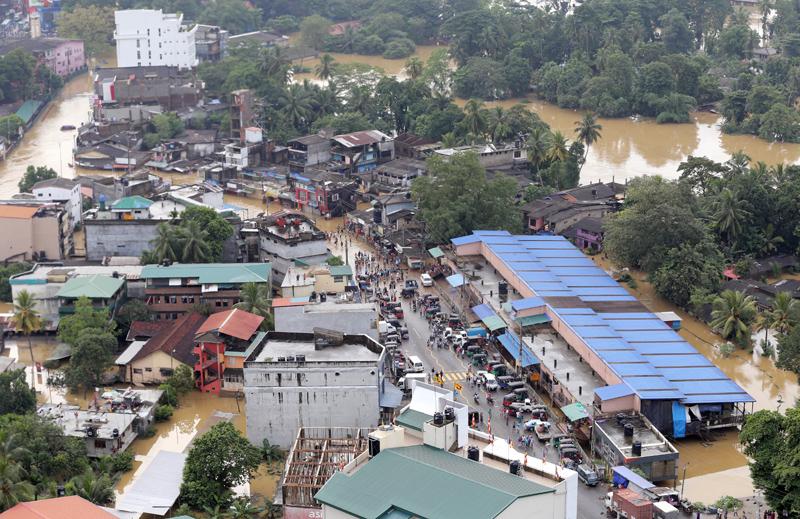
Sri Lanka Preparedness Partnership (SLPP) is working towards effective emergency and disaster management through emergency responses.
“With the setting up of the SLPP centre, 18 percent of capacity building work has been completed and it is progressing well. However, we can never be at zero level disaster risk,” Disaster Management Centre, Preparedness Planning Director Sunil Jayaweera said.
“Emergency response is necessary and important in a disastrous situation. The disasters affect the supply chain as well as the public. There needs to be an enabling environment to take the situation under control and we have to expect the unexpected,” he said.
An induction workshop on SLPP with the private sector was held last week in Colombo. The workshop while strengthening leadership through partnership was collaboration with the Asian Preparedness Partnership (APP).
“The government’s role in preparedness for emergency response is vital and it will mitigate the effects. Natural disasters are becoming frequent and planning actions with standard operational procedures is essential,” he said.
The proper implementation of disaster insurance will support the affected. It will be important to have a contingency plan in the event of a disaster. The early warning dissemination mechanism will help reduce the level of damage caused by the disaster.
Preparedness planning and risk preparedness will ensure a better course of action in an emergency situation.
Strengthening the capacity of the government and humanitarian organizations on preparedness for emergency response in Sri Lanka is necessary, he said. The Asian Disaster Preparedness Centre (ADPC) has established effective partnerships among national and local humanitarian stakeholders for preparedness to disaster response and recovery. The ADPC has helped to improve humanitarian leadership and coordination through systematically strengthening local institutions. It also has supported to improve humanitarian information management and knowledge exchange. The centre facilitates regional cooperation and dialog between at risk countries for preparedness for response and recovery.
The APP works towards improving interface and partnership between government, local humanitarian organizations and the private sector. It enhances capacities through partnerships, knowledge resources, training and networking opportunities.
The APP has paved the way to give a platform to local voices and stories and improve information sharing through its hub.
It ensures equal representation from the government, local humanitarian organizations and the private sector.
It also helps empower local level leadership through involvement in planning, process and decision making to support disaster management.
